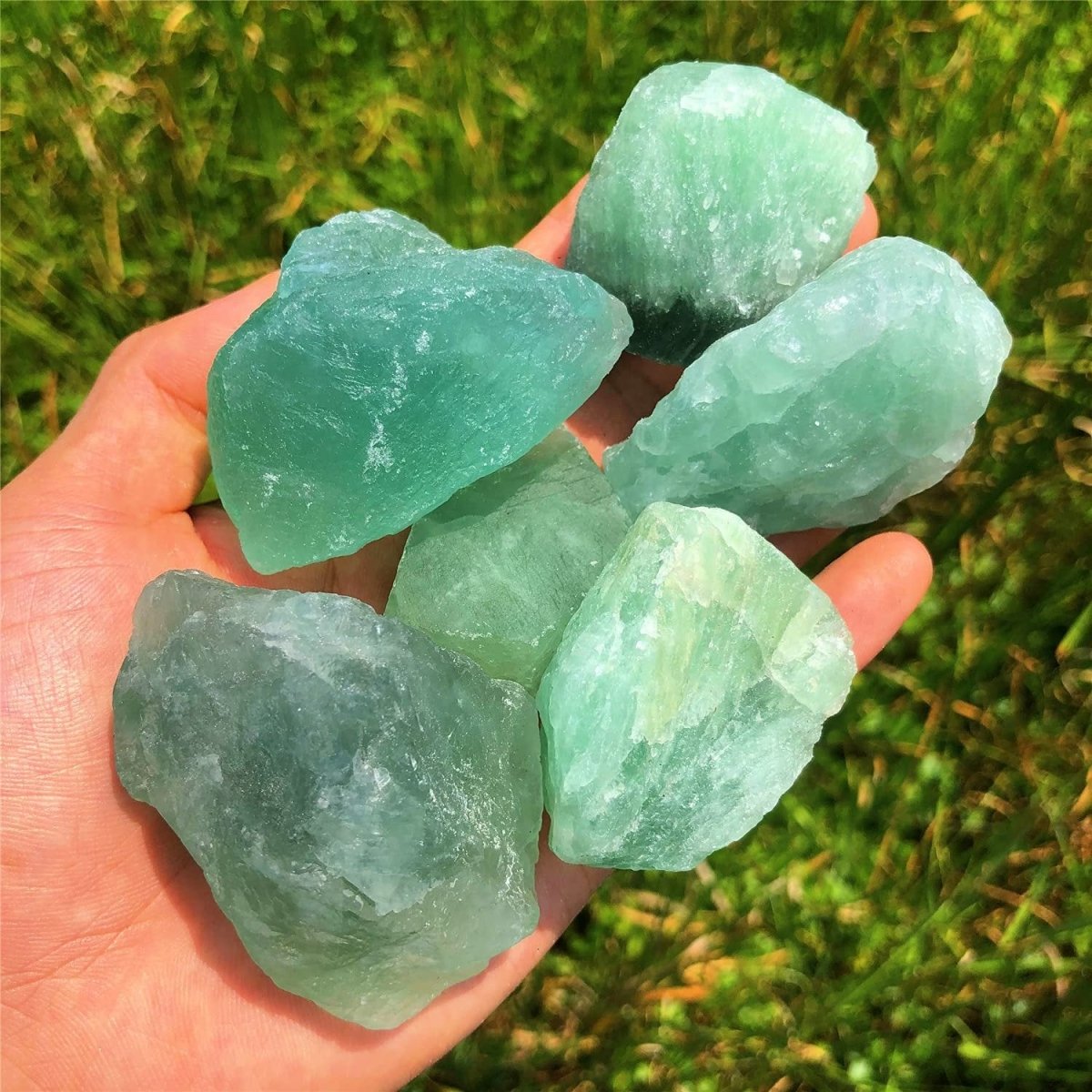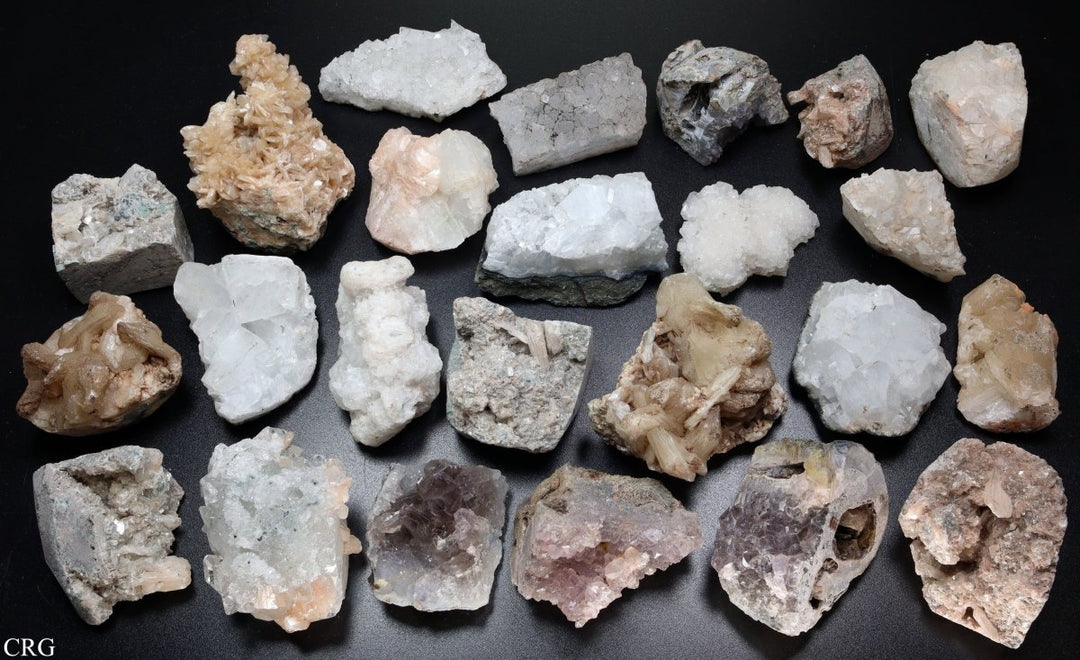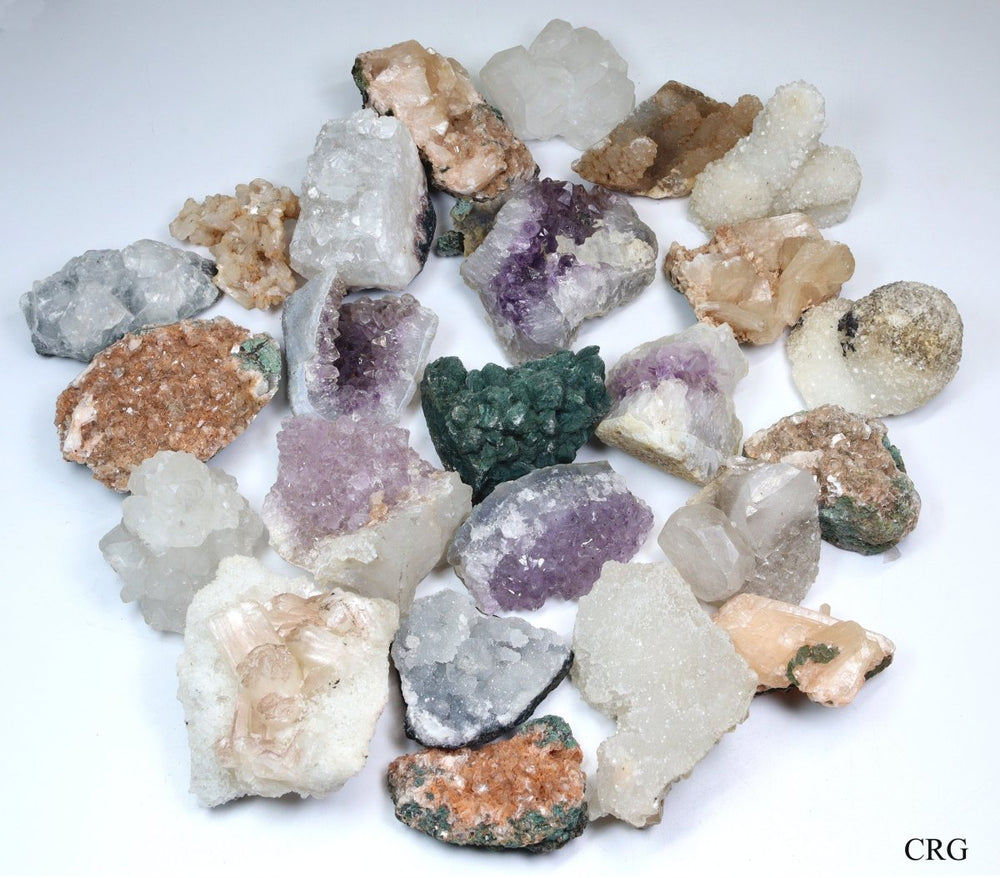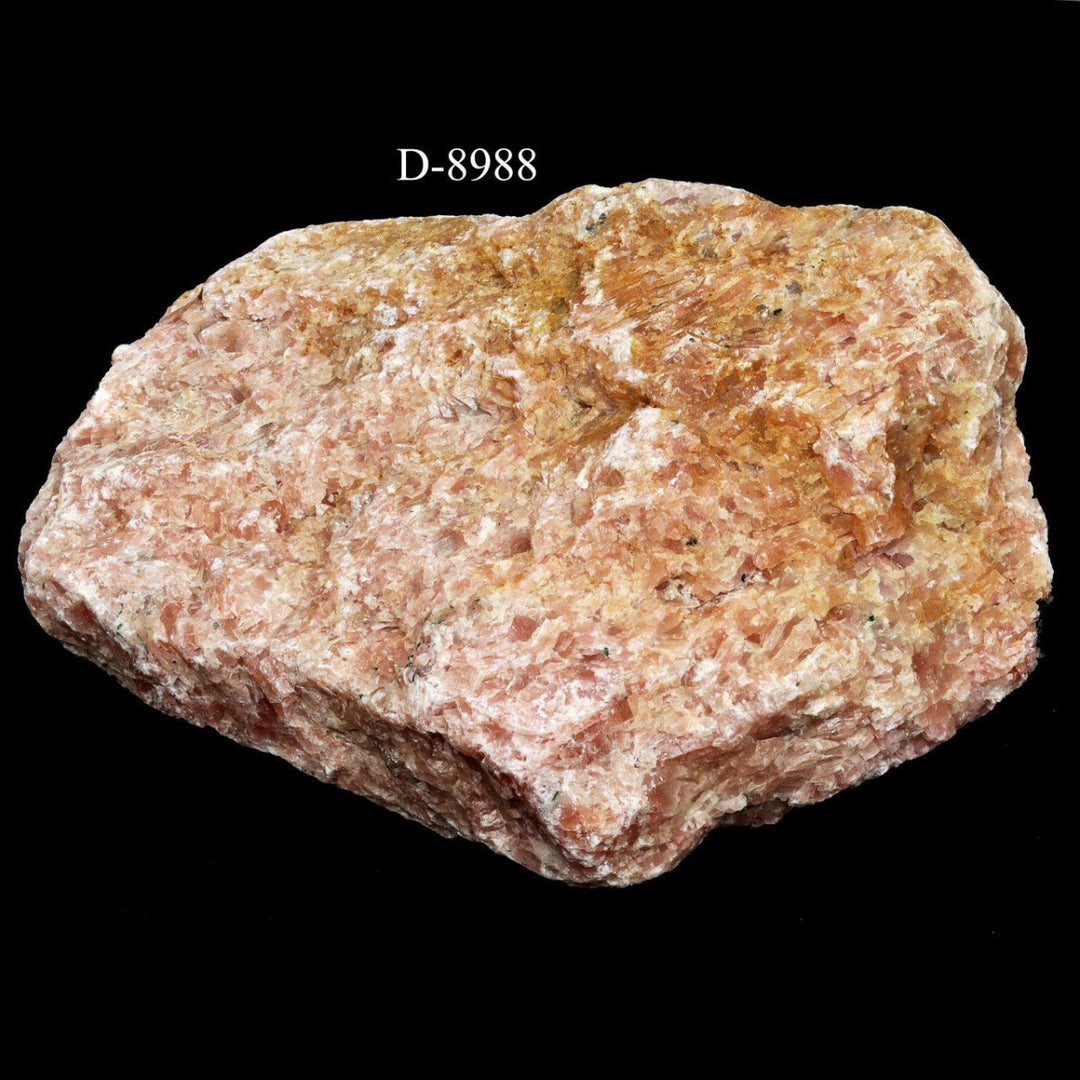
Zeolites
Zeolites are aluminosilicate minerals, which means they are composed of aluminum, silicon, and oxygen, along with exchangeable cations such as calcium, sodium, potassium, and magnesium. Zeolites typically form in alkaline environments. They can crystallize from volcanic glass in sedimentary settings, particularly in alkaline lakes and marine basins or hydrothermal fluids. They also develop in the cavities of volcanic rocks. Zeolites are characterized by their ability to undergo dehydration and rehydration and to exchange their constituent cations without damage to their crystal structure. This "molecular sieve" property is due to their unique, porous crystal structure. Due to their porous nature and ion exchange capacities, zeolites are used in various industrial applications. These include water purification, as catalysts in the petrochemical industry, nuclear waste processing, and the production of laundry detergents. They are also used in agriculture as soil conditioners. Significant deposits of natural zeolites can be found in the USA, particularly in regions of volcanic activity such as the Pacific Northwest, as well as in Iceland, Italy, and New Zealand, where they also form from the alteration of volcanic ash layers.




